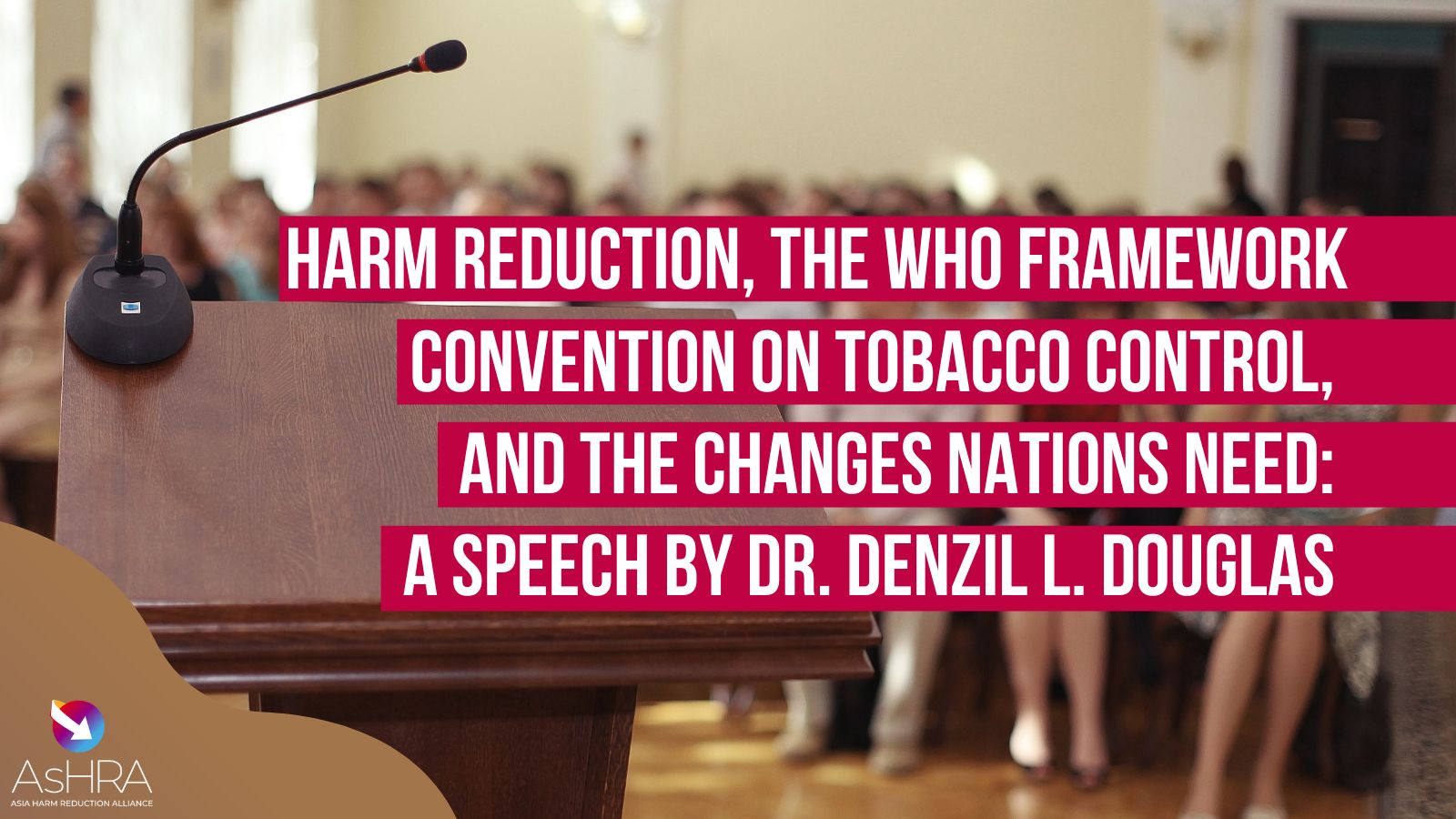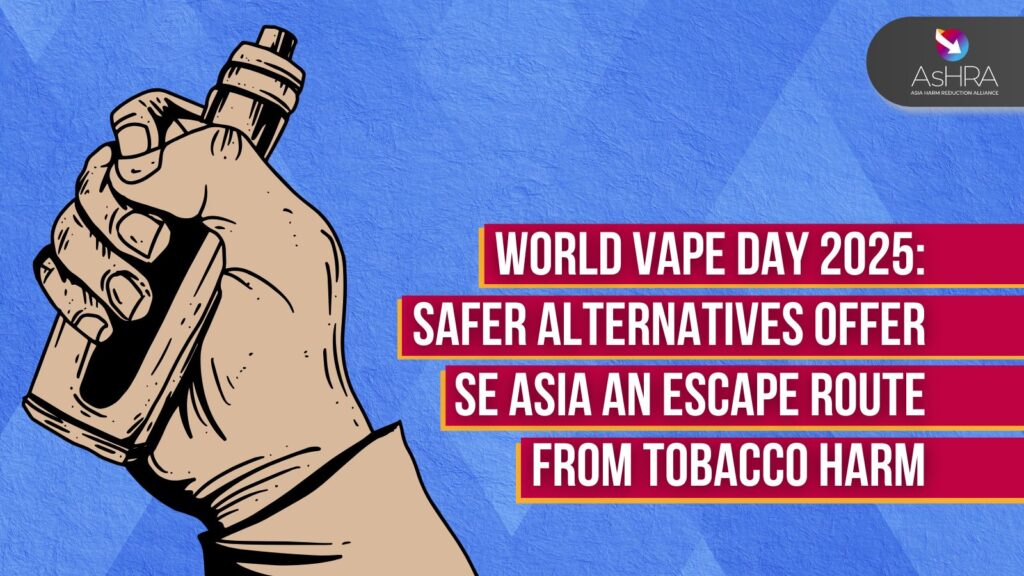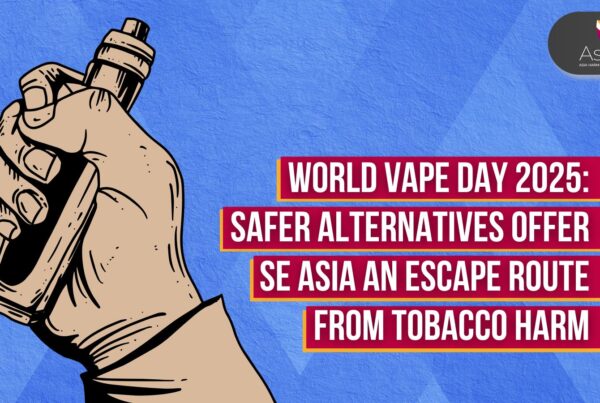How the WHO FCTC Implicitly Supports Tobacco Harm Reduction
In a recent speech during the 2024 New Approaches Conference in New York, Dr. Denzil L. Douglas, the Foreign Minister for St. Kitts and Nevis, highlighted the crucial role of tobacco harm reduction in saving lives. Under the conference theme of Saving Lives in the 21st Centuary, Dr. Douglas’ speech firmly and explicitly presented how science and research stand on the side of tobacco harm reduction.

Rather than focusing on the total cessation of smoking as the only option, tobacco harm reduction provides reduced harm products as an alternative for people who smoke. Often falling under four broad categories, tobacco harm reduction products include vaping products, oral nicotine pouches, heated tobacco products, and oral tobacco pouches. All these products allow for nicotine without the combustion of tobacco. In doing so, the greatly reduce the risk for the user.
As a trained doctor, Dr. Douglas recognises how tobacco harm reduction can be complementary to tobacco control. In his speech, he emphasised that ‘harm reduction is not about compromising our commitment to reducing tobacco use; rather, it is a pragmatic, science-based approach that complements existing tobacco control measures by minimizing health risks for those who are unable or unwilling to quit.’
Moreover, Dr. Douglas insists that tobacco harm reduction is implicitly a part of the WHO Framework Convention on Tobacco Control, citing Article 14’s urge to support people who smoke who want to quit and Article 9’s urge to regulate tobacco products as support for his argument. He says that ‘harm reduction must be seen as part of the FCTC’s broader goal.’
Such strong words from the former Prime Minister and current Foreign Minister and Minister of Trade of a nation is promising for harm reduction advocates around the world. In his conclusion, Dr. Douglas also recognises that, while St. Kitts and Nevis can learn from other countries that have embraced THR, ‘we must be careful however to conduct research into local circumstances that will enable us to frame solutions fit for varying economic, socio-political and cultural instances.’ This also rings true for tobacco policy in Asia, where understanding context-specific problems can lead harm reduction strategies to help with context-specific solutions.
Dr. Douglas ends his speech with a rousing call to action: ‘Let’s work together to ensure that harm reduction becomes a driving force in our global fight against tobacco, helping us move closer to a smoke-free world.’
Read his full speech here
Related Posts
 Time to support Filipino vape law, not relitigate it
Time to support Filipino vape law, not relitigate it
Time to support Filipino vape law, not relitigate it
 Greens’ Plan To Legalise Nicotine Vapes Lauded
Greens’ Plan To Legalise Nicotine Vapes Lauded
Greens’ Plan To Legalise Nicotine Vapes Lauded
 Taiwan Vaping Ban Disappointing For Its Many Smokers
Taiwan Vaping Ban Disappointing For Its Many Smokers
Taiwan Vaping Ban Disappointing For Its Many Smokers
More about
Alcohol Harm Reduction
More about





